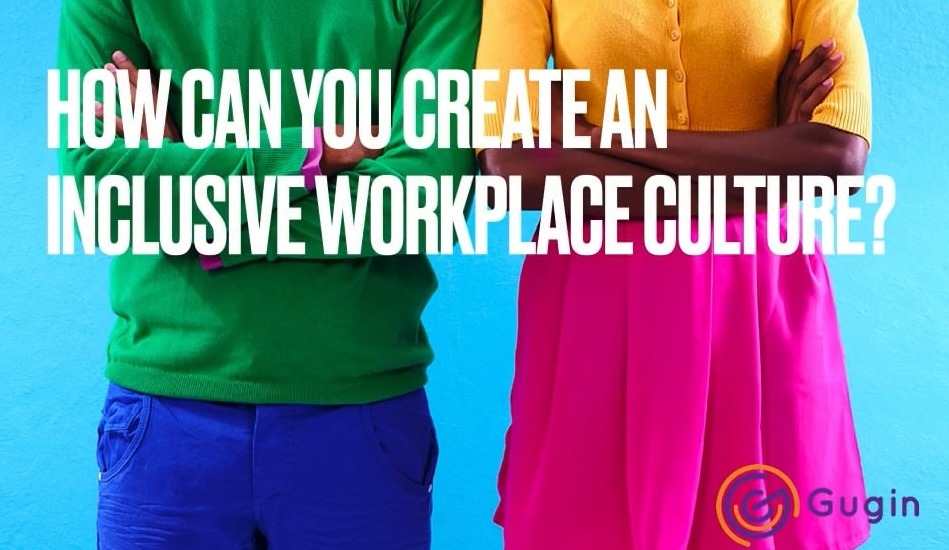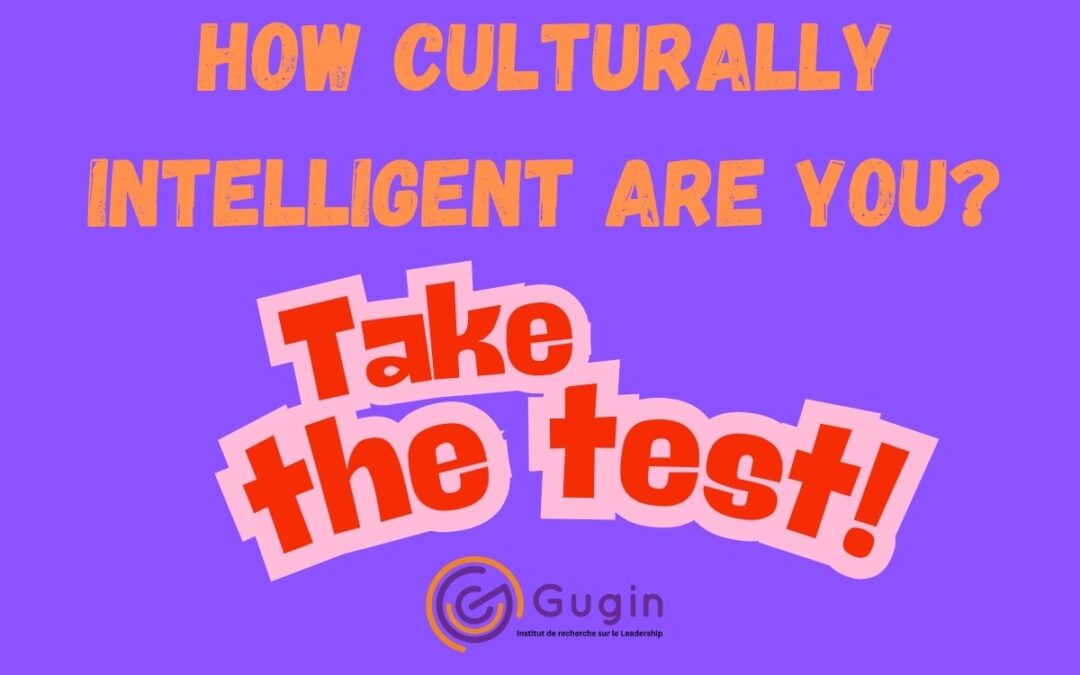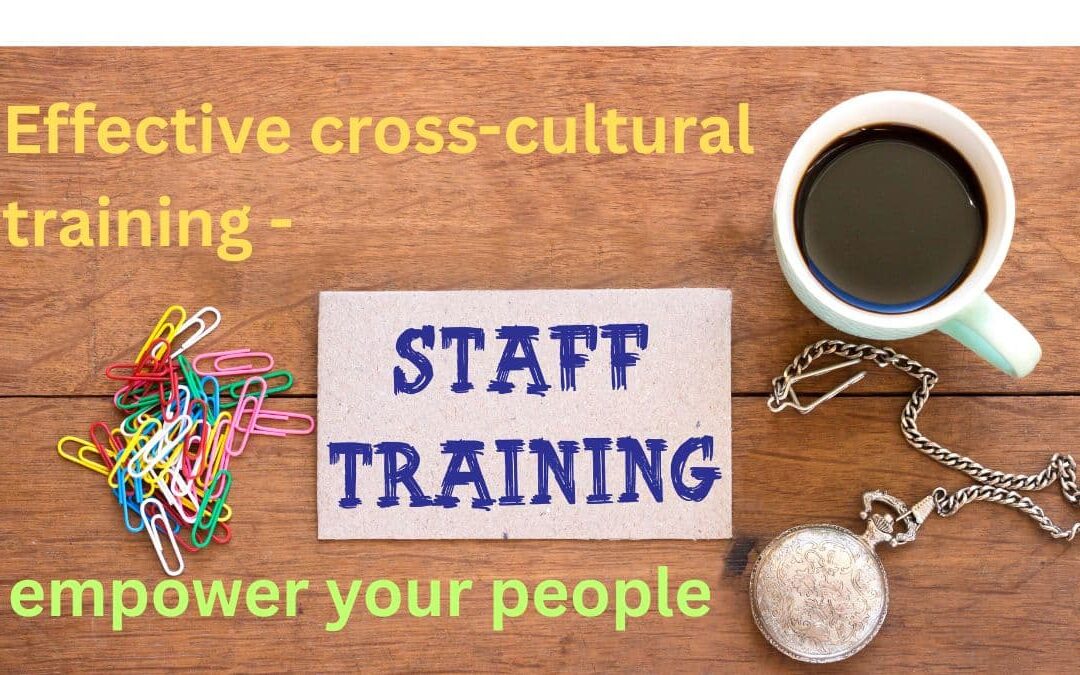Breaking Rules to Build Leaders: A Reflection on Global Leadership Development
When it comes to developing global, cross-cultural leadership skills, working with corporate clients is a world apart from doing so with university students. I work with both groups, and I love it – especially because it allows me to see how tomorrow’s leaders are shaped. One theme that consistently emerges – particularly with students – is the essential nature of breaking rules. Yes, breaking rules is not only a recurring theme, but an unavoidable reality for any emerging leader. Whether written or unwritten, cultural or institutional, rules must sometimes be bent or broken to spark innovation, enable progress, and define new paths. In fact, the act of breaking rules sits at the heart of leadership – at least the kind of leadership that challenges, inspires, and transforms. That is why we begin all our conversations about leadership by talking explicitly about the importance of breaking rules.

The relationship with rules is one of the most profound differences I’ve observed between age groups. When we are young, we’re conditioned to follow rules—rules in school, society, and even family. Yet, later in life, especially in leadership roles, we often come to realise that those rules don’t always apply. Real change rarely happens within the confines of the current paradigm.
To understand what makes a leader, one must observe their behaviour. One trait stands out: true leaders break rules. They question the status quo and have the courage to take the first step—whether that’s pursuing an idea, a vision, or a dream.
My American students are wonderfully polite and full of ambition—many of them aspiring to become leaders on a global scale. But in order to stand a fair chance, they first need to understand the art and necessity of breaking rules. It is not easy. Most of them have been raised in systems that value obedience and reward compliance. Punishment often follows rebellion. Yet, I managed to help them grasp an essential truth: you cannot stand out from the crowd if you simply blend in. To do something exceptional, they will have to follow their passions and values—and that inevitably means breaking rules.
I’ve taught this subject around the world and lived it myself, but this recent semester with my American students was particularly striking. Historically, only a minority have accepted the idea that leadership requires one to break from tradition. Most argued you could lead well within the existing system. But to me, that’s not leadership—that’s management. For more on that distinction, I invite you to read another of my articles.
This time, however, was different. The majority of the class embraced the notion that you must disrupt existing norms to lead meaningfully. So, during their final exam in “Leadership Across Cultures,” I asked them:
How will you develop as a leader so that you can stand out from the crowd?
Which rules and norms will you break?
Here are just a few of their responses:
“Freeing myself from the pursuit of money can give me the space to follow my real passions.”
“I will take time after graduation to find my own direction—one that might not involve a corporate career.”
“Only by challenging existing norms can we test their validity. I intend to do just that.”
“I will break all the rules that start with ‘you shouldn’t because you can’t.’”
“I will break rules by rejecting hierarchy and bureaucracy.”
“My university defines success as climbing the corporate ladder. I know that won’t bring me joy.”
“I plan to break the norms and rules that stand in the way of my passions.”
“I reject the idea that financial wealth defines success. I want to work from home while raising my children—and still be respected.”
“I hope to break the rule that society should define my career and personal life.”
“I will challenge the rules that uphold outdated power structures in the US. Our generation must build a better society.”
“My family expects me to work for a Fortune 500 company. I’d rather be poor and happy than rich and miserable.”
Conclusion
Almost every student this term accepted that leadership demands rule-breaking. That is remarkable—especially given the economic instability and intense competition they face. One might expect them to play it safe, but instead they’re questioning authority, challenging the system, and showing genuine determination to craft a new world.
If this represents a broader trend, companies—particularly in the US—may struggle to attract this next generation of talented individuals. These young, well-educated Americans no longer align with the values of established corporate culture. They are motivated by purpose, not pay. Success, for them, is not defined by title or wealth.
This poses a serious challenge for Fortune 500 companies—and perhaps for all firms across the industrialised world. At Gugin Leadership Research Institute, we intend to explore this trend further.
Recommendations: What Must US Corporations Do?
Rethink reward systems: Motivation structures must reflect diverse cultural preferences. At Gugin, we’ve developed models to help firms do exactly that.
Develop values-based brands: Build your employer brand around trust, ethics, and cultural values that resonate with younger generations.
Create inclusive corporate cultures: Bright, individualistic young people should feel they can thrive—not conform—in your organisation.
If you’re a company wondering how to adapt to these changing expectations, reach out. Gugin can help you align your leadership development, corporate culture, and brand strategy with the values that matter most to tomorrow’s leaders.
Gugin – Where Culture Fuels Success

Why EU Defence Collaboration Depends on Cultural Intelligence
Emotional and cultural intelligence are key to successful EU defence collaboration, enabling trust, cohesion, and innovation across borders.

Learn how to create an inclusive workplace culture
This Gugin video teaches you how you can create an inclusive workplace culture so you get motivated, satisfied and innovative employees in your organisation

Take the test – How culturally intelligent are you really?
How culturally intelligent are you? Take this simple test and get and idea. It is one of many small tests Gugin uses in its leadership training
Cross-Cultural Training – crucial for your company’s success
Cross-cultural training boosts your success by enhancing communication, reducing conflict, and building culturally agile teams. Here is why Gugin leads the way.

Effective cross-cultural training – empower your people
Unlock your organisation’s potential with cross-cultural training that builds understanding, boosts collaboration, and drives inclusive, high-performing teams.
